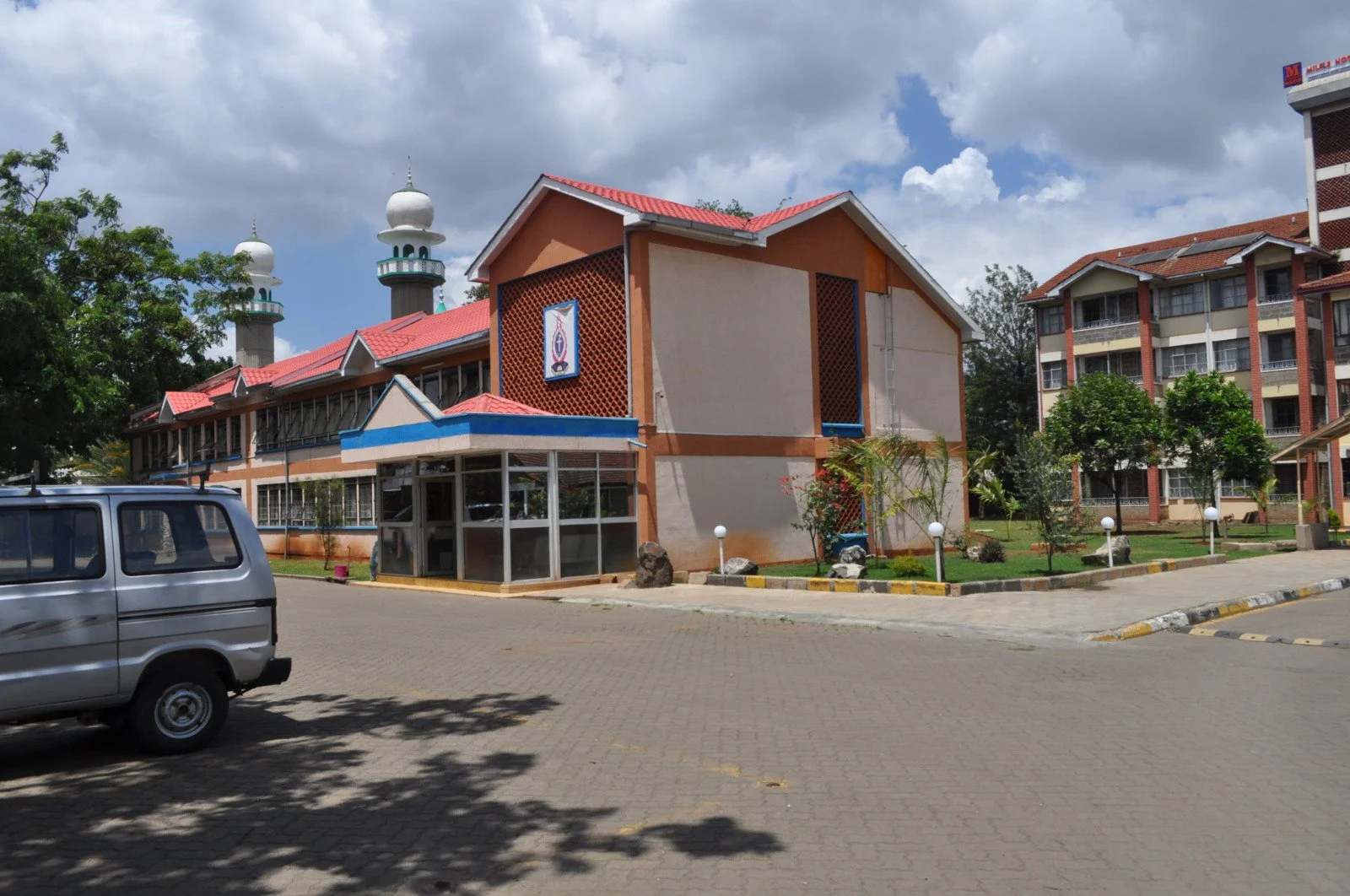Faith Networks and Family Care: How Churches Extend Social Protection in Kenya
In rural Kenya, social protection is not an abstract policy—it is a neighbor who notices when a child stops appearing at morning roll call. For orphans and vulnerable children (OVC), local churches and extended families remain the first and most reliable line of support. Friends of AIDS Orphans in Africa (FADOA) works through these networks because they are close, consistent, and trusted.
What Faith Networks Do Well
Parish and congregational committees already know which households are under strain. They mobilize small, timely help—uniforms, exam fees, transport—and they keep an eye on attendance and wellbeing. This aligns with global guidance that the most effective OVC support is family‑ and community‑based, integrated with existing social and child‑protection systems [1][2].
Our Partnership Model
• Identify: pastors, women’s fellowships, and youth leaders create short lists of pupils at risk of dropout.
• Verify: head teachers confirm needs and deadlines.
• Deliver: named handovers of uniforms, learning kits, and fees.
• Follow up: focal teachers track attendance and exam participation; volunteers check in with caregivers.
The approach is simple by design—light tools, predictable cadence, clear roles—so it strengthens, not replaces, family care.
Why This Reaches the ‘Missing Middle’
Large programs concentrate where roads and data are good. Faith networks sit in the ‘missing middle’: they reach households that are too remote or too informal for larger schemes, and they can act before a temporary absence becomes a permanent exit from school [2][3].
Safeguarding and Accountability
Partnerships operate under clear, consent‑based safeguarding: volunteers notice and refer (they do not investigate); any image or story requires written consent; and reporting is anonymized. We align with Kenya’s child protection and social protection frameworks to keep referrals local and safe [4][5].
A Note from the Field
A parish youth leader in Nyeri told us, “When exam fees are paid, teachers stop sending pupils home. It changes the tone in the classroom.” This is how faith and family translate into social protection—quietly, one school day at a time.
Endnotes
[1] UNICEF — Family‑ and community‑based care guidance for OVC. (UNICEF Alternative Care)
[2] UNICEF/UNAIDS — Community‑based programming for children affected by HIV. (UNICEF & UNAIDS Commitment)
[3] PEPFAR — Faith & Community Initiative (role of faith actors in service delivery). (PEPFAR FCI)
[4] Government of Kenya — Child protection and referral frameworks. (Kenya Social Protection)
[5] National Council of Churches of Kenya — Community outreach and child support programs. (NCCK)

